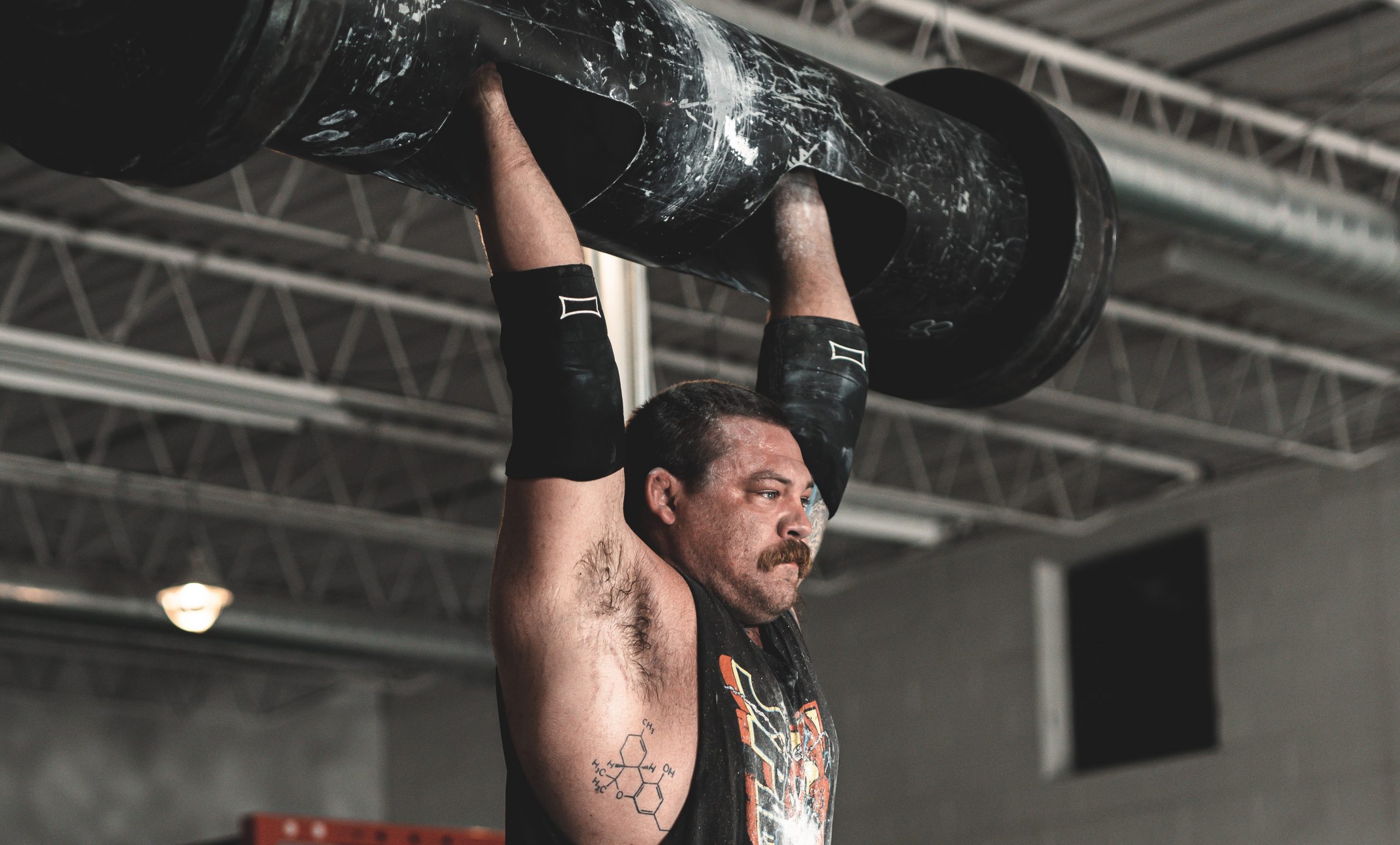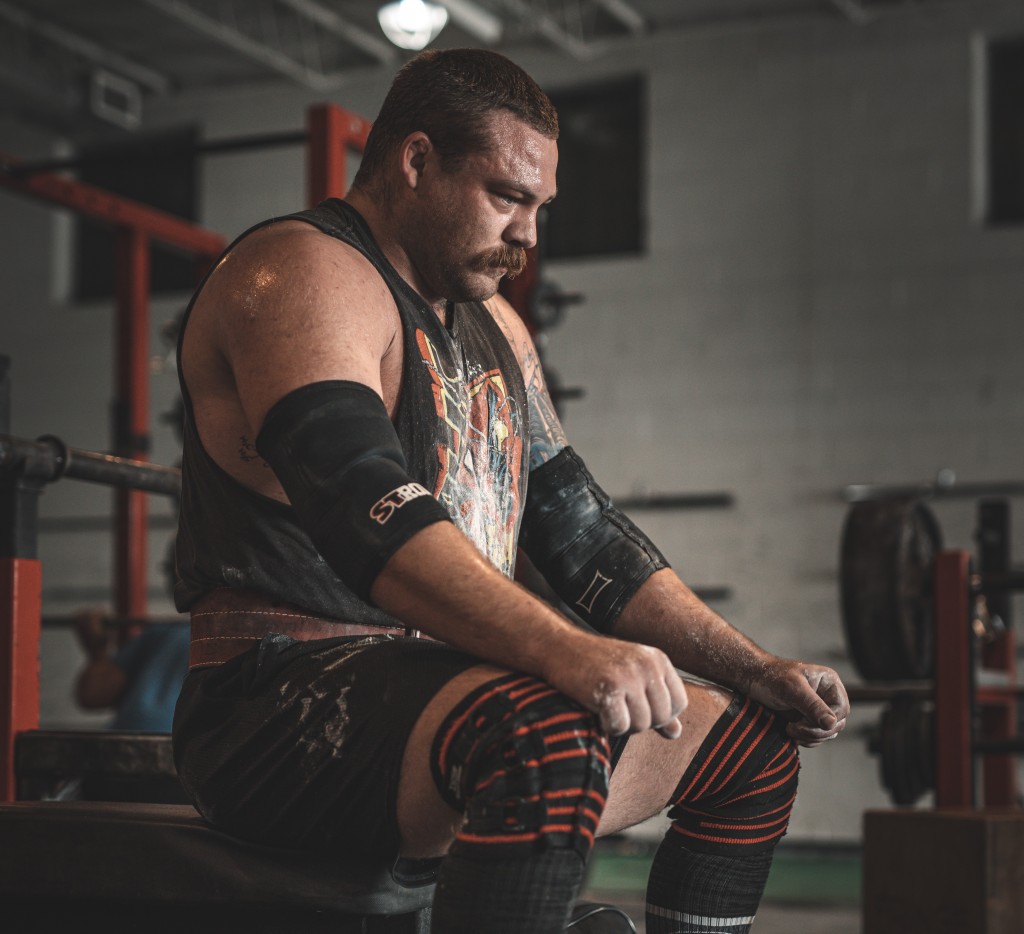
Taylor Gohn is a Kabuki athlete, competitive strongman and former collegiate wrestler. He has coached professional athletes, strongmen, Olympic weightlifters, powerlifters and is coaching me now for my pro card in bodybuilding. This article explains his high-level approach to various forms of autoregulation.
You can contact Taylor for coaching by clicking here.
What is Autoregulation?
Autoregulation is a process that occurs within many biological systems. It describes an internal adaptive mechanism that works to adjust the system's response to stimuli.
In a training context, the athlete is a biological system. The internal adaptive mechanism in this case refers to the athlete’s intuition, or "gut feeling," that something needs to change. That change might be related to training, or to other factors in day-to-day life. The stimuli, then, are whatever circumstances give rise to that “gut feeling.”
Autoregulation can be an athlete’s biggest asset or worst liability. An athlete skilled in autoregulation will be more likely to make good decisions. Those with shitty intuition, well, for them, it might be harder to come up with the right answer alone.
However, autoregulation is a skill that can be improved (just like any other skill). In my opinion, based off of personal experience and experience with my athletes, four factors influence one’s ability to autoregulate: experience, awareness, pride, and actually giving a shit.
Improving your Autoregulation

- Experience. This is an obvious one. It doesn't necessarily correlate with the amount of chronological time spent in the field (although often it will). But many coaches and teachers who have many years in their field still somehow fail to produce results. On the other hand, other instructors seem to be prodigies, with a level of applicable knowledge and skill sets far exceeding what might be expected given their age or level of formal education.
In my opinion, experience comes down to one’s ability to take and apply all of one’s passion, knowledge, and effort — in other words, a willingness to fully dedicate oneself to a goal, and the capacity to share that dedication with others.
- Ability to Make Observations. If athletes are not constantly paying attention and looking for answers, they won’t find any. But those willing to seek out everything about a goal — and to surround themselves with the right people, to ask the right questions, to change their environments, career paths, and even relationships — those athletes set themselves up for success. Successful athletes are willing to do whatever the fuck it takes to find the answers they need to succeed!
My message to new athletes: observe your life without bias, and question everything. If your lifestyle and your goals don't align, you have some tough choices to make.
- Pride (and Humility). All the observation and experience in the world isn’t useful if it is not applied properly. In that regard, pride is extremely important — and so is humility. Athletes need to take pride in their sport and in themselves, because that pride helps create the discipline needed to eat right, train hard, sleep well, and execute the things needed to achieve their goals. Equally, athletes need to be willing to throw that pride right out the window when necessary — whether that means taking weight off the bar when something feels off, or avoiding the temptation to deviate from programming just to post a new PR on Instagram that day.
In simpler terms, athletes need to be able to look at every aspect of their training and life — every set, rep, pound, bite of food, and even competition — and be willing to say, “No, I do not need to do this right now because, it is not going to get me closer to my long term goal.”
Now, when it is eventually time to go for that long-term goal, successful athletes are willing to put everything on the line, even if it hurts. Hopefully, they took the measures prior to that point in their careers to be prepared for whatever challenges they face in doing so.
- Giving a Shit. Ultimately, it really comes down to how bad you want it. How much you put in will be exactly how much you get out.
I know I want it bad. Do you?









Trying too hard can lead to diminishing returns (overreach).
Sometimes a shorter-term step back (better rest/recovery/sleep) can unlock 2 steps forwards in the long-term.